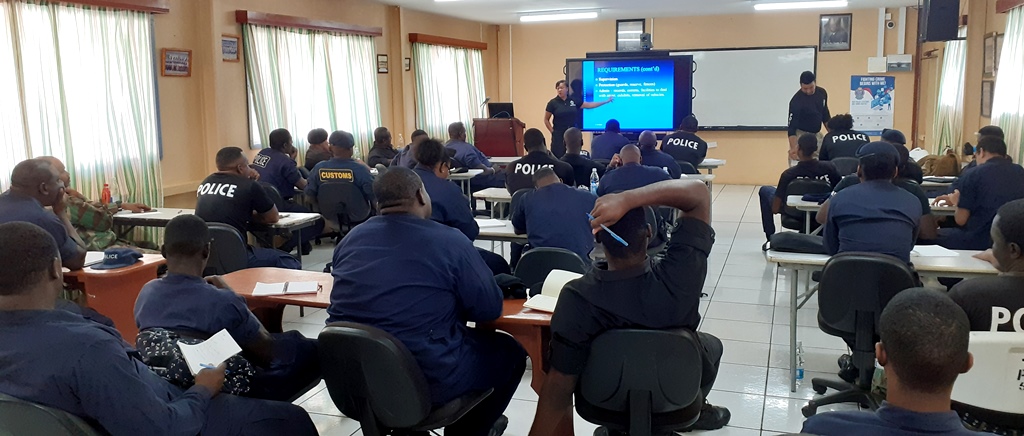By: E. Williams
BASSETERRE, ST. KITTS, May 15th 2017 –Homeowners in St. Kitts and Nevis could soon be paying more taxes on their properties and drinkers and smokers face higher cost for alcohol and cigarettes to make up for losses in revenue as a result of tax incentives, import duty exemptions and the removal of VAT from food, medicines and funerals by the Timothy Harris-led Team Unity administration.
The Washington-based International Monetary Fund (IMF) in its Article IV Consultation has warned Dr. Harris, also the Minister of Finance that containing spending on goods and services and the public wage bill should remain a priority as VAT and import-duty exemptions have weakened the fiscal framework, with less money going into the government coffers.
“Notwithstanding the large fiscal buffers accumulated, an extreme scenario of a sharp drop in CBI inflows could result in fiscal deficits that erode the buffers as early as 2020 and risk reversing the downward debt trajectory, absent fiscal adjustment. An economic slowdown could further weaken tax performance,” the IMF said, suggesting that a medium-term fiscal framework anchored to a balanced underlying primary-balance target would help increase resilience to sharp drops in CBI inflows, with needed adjustment at about 2.1 percent of GDP paced over 3-5 years.
It said such a target, along with the ECCB-debt target, could be enshrined in fiscal responsibility legislation that would provide the government with a commitment device to anchor its adjustments.
“It would safeguard against pressure to deviate from the adjustment path, and save windfall CBI inflows, excluded from the rule, in a contingency fund. Approval of both Cabinets of an action plan to meet the primary balance target at the country level is key,” the IMF said.
It noted that on the revenue side, the tax base should be broadened, including by streamlining tax incentives and continuing to improve tax administration.
“The revenue loss from tax incentives remains high (at 6.4 percent of GDP—both discretionary and granted by legislation). Tax incentives should be transparent, rule-based, and well-targeted,” said the IMF, which indicated its supports of the authorities’ intention to refine the system and stands ready to assist.
“Consideration should also be given to updating property valuations and enhancing compliance. Other taxes, including on cigarette, alcohol, and sugary products (consistent with initiatives that CARICOM is exploring) can raise revenue, while contributing to government efforts to reduce non-communicable diseases,” the IMF said in its Friday release.
On the expenditure side, the IMF said containing spending on goods and services and the public wage bill should remain a priority.
It said it welcome the intention to establish a more predictable system for public pay-packages and recommend that pay increases be consistent with budgetary constraints, macroeconomic developments, and regular benchmarking with private sector wages.
“A ceiling on the public-wage bill could be set, guided by the medium-term fiscal framework anchored to the debt and primary-balance targets. Allocations could be communicated by Cabinet to line ministries within the budget process, taking into account the envisaged qualification- and performance-based incentive system,” said the IMF, which recently ended a three week visit to St. Kitts and Nevis.
The IMF said the growth rate for St. Kitts and Nevis has contracted, the overall fiscal surplus deteriorated, the overall balance remains in deficit, the current account deficit widened significantly, the external current account deficit should remain large and CBI inflows are expected to taper off.
The IMF said the St. Kitts and Nevis economy posted a modest 3.2 percent growth rate in 2016, compared to 4.9 percent in 2015 and 5.12 percent in 2014.








